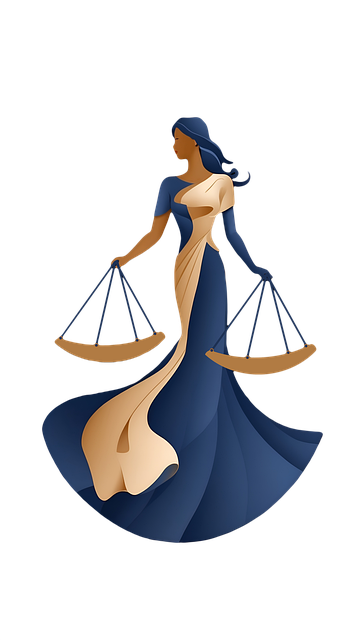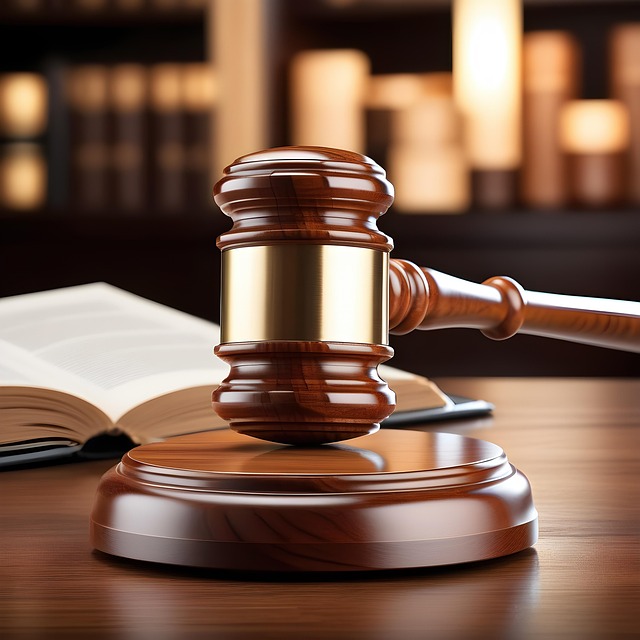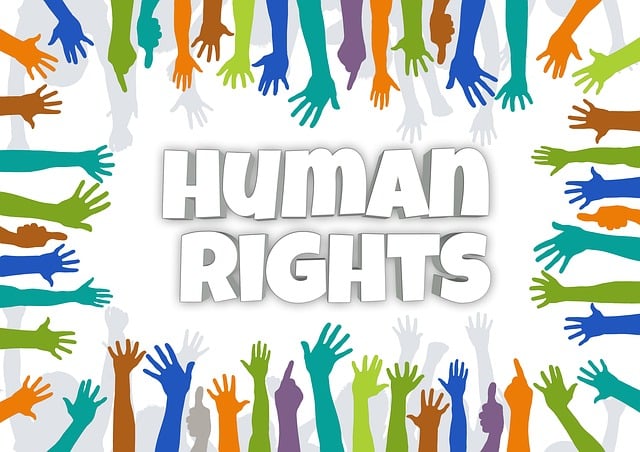Understanding nuances of administrative and civil proceedings in healthcare law is crucial. Administrative focus on regulatory compliance, addressing malpractice, licensing via investigations, leading to disciplinary actions. Civil proceedings privately driven, patients seek damages for medical negligence, requiring legal & medical expertise. Differences key: regulatory vs private disputes, impact on facilities, financial burdens, reputation. Navigating these distinguishes white-collar crimes, ensures rights, guides clients through complex processes.
In the intricate world of healthcare, legal issues play a pivotal role. This article delves into the critical aspects of healthcare law firms, focusing on key distinctions between administrative and civil proceedings. Understanding these differences between administrative and civil proceedings is essential for both providers and patients, as they navigate complex legal landscapes. From civil litigation rights to the impact on healthcare facilities, this guide explores strategies for effective case navigation, ensuring informed decisions in a dynamic industry.
- Understanding Administrative Proceedings in Healthcare Law
- Civil Litigation: Rights and Responsibilities for Patients and Providers
- Key Differences: Administrative vs Civil Cases in Healthcare
- Impact of Legal Actions on Healthcare Facilities and Staff
- Navigating Complexities: Choosing the Right Legal Strategy
Understanding Administrative Proceedings in Healthcare Law

Understanding Administrative Proceedings in Healthcare Law involves navigating a distinct process from traditional civil litigation. While both aim to resolve disputes, they differ significantly in their nature and outcomes. Administrative proceedings, often triggered by regulatory bodies or government agencies, focus on ensuring compliance with healthcare regulations and standards. These cases typically involve investigations into allegations of malpractice, licensing issues, or violations of industry rules. The primary goal is not monetary compensation but rather disciplinary action, which can include fines, license suspension, or even complete dismissal of all charges against the healthcare provider or organization.
In contrast, civil proceedings are privately initiated, usually by patients or their families seeking damages for harm caused by medical negligence. These cases, involving corporate and individual clients alike, require a thorough understanding of both legal and medical aspects of the dispute. The process includes filing complaints, discovery, hearings, and ultimately a judgment or settlement that may result in substantial monetary awards. Effective navigation of these differing procedures requires specialized legal expertise to ensure the best possible outcome for clients, whether securing complete dismissal of all charges or achieving significant financial compensation.
Civil Litigation: Rights and Responsibilities for Patients and Providers

In the realm of healthcare law, understanding civil litigation is paramount for both patients and providers navigating complex legal landscapes. When disputes arise, whether it’s a patient seeking justice for medical malpractice or a provider defending against allegations, civil proceedings offer a platform for resolution. Unlike administrative processes focused on regulatory compliance, civil litigation delves into the nuances of individual cases, considering damages, liability, and compensatory measures.
The differences between administrative and civil proceedings are essential to grasp. While administrative actions often involve regulatory bodies enforcing rules, such as licensing issues or insurance disputes, civil litigation is about resolving private disputes. In healthcare, this could encompass a wide range of issues, from medical billing errors to negligence claims. Winning challenging defense verdicts in these cases requires a deep understanding of not just the law but also the intricate details of medical practices and patient rights, especially when addressing white-collar and economic crimes across the country.
Key Differences: Administrative vs Civil Cases in Healthcare

In healthcare law, distinguishing between administrative and civil cases is paramount. While both involve legal disputes, their procedures, goals, and focus significantly differ. Administrative proceedings typically arise from regulatory agencies’ investigations into healthcare providers’ compliance with laws and regulations. These cases often involve licensing issues, reimbursement disputes, or violations of government guidelines. Unlike civil lawsuits, they are not about individual harm but ensuring the integrity of the healthcare system. For instance, a provider’s failure to maintain proper patient records might lead to an administrative sanction rather than damages to a specific patient.
Civil cases, on the other hand, revolve around private disputes between individuals or entities, such as patients suing healthcare providers for medical malpractice or negligence. These proceedings emphasize compensating victims for their losses and holding responsible parties accountable. Unlike administrative actions, civil cases often involve jury trials where the decision rests with a group of citizens. This distinction is crucial when considering strategies; while administrative matters may focus on presenting compliance evidence, civil cases require building a compelling narrative of liability and damages, especially in complex areas like white-collar and economic crimes involving for his clients’ interests.
Impact of Legal Actions on Healthcare Facilities and Staff

Legal actions can significantly impact healthcare facilities and their staff, with outcomes varying based on the nature of the proceedings. Administrative proceedings, often focusing on regulatory compliance and licensing issues, can result in swift corrective actions for facilities, ranging from minor infractions to severe incidents. These processes typically involve government agencies and are designed to maintain quality standards in healthcare delivery. On the other hand, civil proceedings, such as medical malpractice lawsuits, carry more profound consequences, including financial burdens and potential reputational damage.
The differences between administrative and civil proceedings are crucial for understanding the respective business challenges. While administrative actions may have broader implications for operational protocols, civil lawsuits often lead to direct financial impacts and changes in clinical practices. An unprecedented track record of successful legal defenses or settlements can shape a healthcare entity’s standing within philanthropic and political communities, influencing public perception and future partnerships.
Navigating Complexities: Choosing the Right Legal Strategy

Navigating the complexities of healthcare law requires a strategic approach, especially when considering the unique challenges presented by administrative and civil proceedings. These two avenues for legal action differ significantly in their nature and potential outcomes. Administrative proceedings often involve regulatory bodies investigating allegations of misconduct or non-compliance with healthcare regulations. This process encompasses all stages of the investigative and enforcement process, aiming to ensure that healthcare providers adhere to set standards. On the other hand, civil proceedings are more focused on resolving disputes between parties, where individuals or entities may seek damages for perceived wrongdoings.
Understanding these distinctions is crucial when choosing a legal strategy. For clients facing charges of white-collar and economic crimes, an experienced lawyer can guide them through this labyrinthine process. By employing the right tactics, they can protect their interests, mitigate potential penalties, and ensure that their rights are upheld throughout all stages of the administrative or civil proceedings. This strategic approach is essential to achieving favorable outcomes and safeguarding the future of healthcare practices.
Understanding the nuances of healthcare law is essential for both providers and patients. This article has explored various aspects, from administrative proceedings to civil litigation, highlighting the key differences between these two legal domains. By grasping the unique characteristics of each case type, healthcare facilities can better navigate complexities and make informed decisions. When faced with legal actions, recognizing the potential impact on operations and staff is crucial for strategic planning. Ultimately, choosing the right legal strategy can mitigate risks and ensure positive outcomes in the dynamic landscape of healthcare law.






